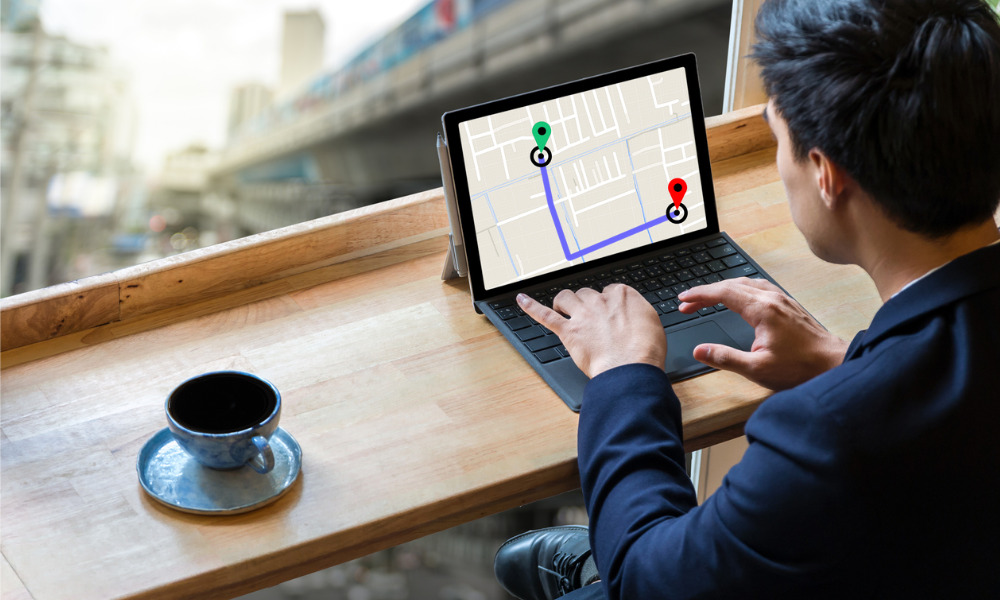
Surveilling workers is a tricky area to tread on — but we find out if it’s ever allowed

While ‘spying’ on remote employees poses ethical and legal problems, what happens when the worker is in possession of company property?
Let’s say they’re issued company vehicles — is it then legal to track them using GPS in Singapore?
An employment lawyer told HRD that as with any policy, just be clear on your intention and communications, and you should be in the clear.
READ MORE: Is your boss ‘spying’ on you working from home?
Take a recent example: a Ninja Van delivery driver in Singapore was sentenced to eight months’ jail after being caught pocketing over $20,000 worth of cash and packages from customers.
He was fired after the offence was found out. Further investigations found that he had started committing them within a month of joining the company in April 2018.
The courier company had their suspicions after seeing frequent unaccounted gaps in his delivery reports. They proceeded to track him down through the GPS system in his company van — after going through a proper process.
The court found out that his manager had arranged to meet him on one occasion, but he didn’t show up and had ignored his managers calls and messages. The manager called the police and that’s when they tracked the company van. He eventually admitted to his crimes.
READ MORE: Is it legal to monitor staff emails and phones?
To get more clarity on the topic, HRD spoke to an employment lawyer on the legalities of placing GPS tracking devices in company-owned vehicles and when it becomes okay to monitor employees.
“A company is generally entitled to protect and monitor its property from being used for illegal or wrongful purposes,” said the lawyer. “Placing a GPS tracking device on a company-owned vehicle to deter its use for criminal acts would be a legitimate act.”
However, as a matter of best practice and to avoid any personal data protection or privacy lapses, he said a company “ought to notify its employees of the existence of such monitoring devices and how the data collected will be used and disclosed”.